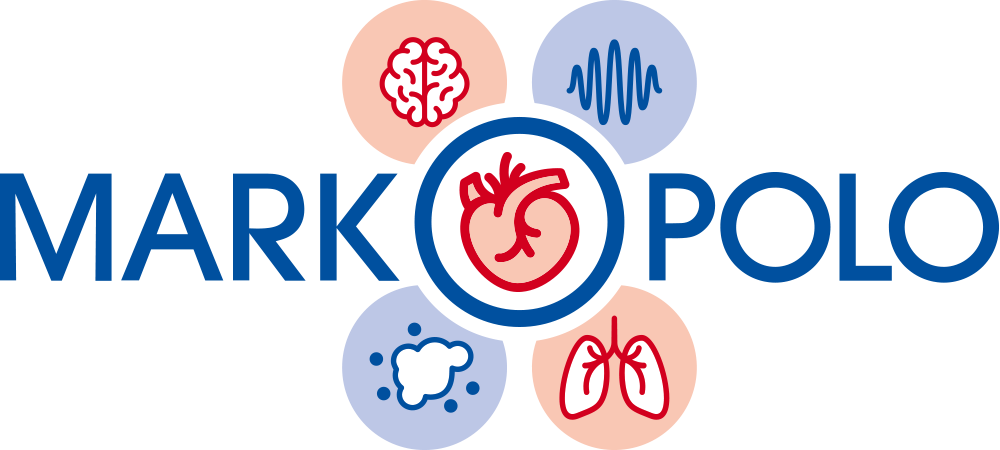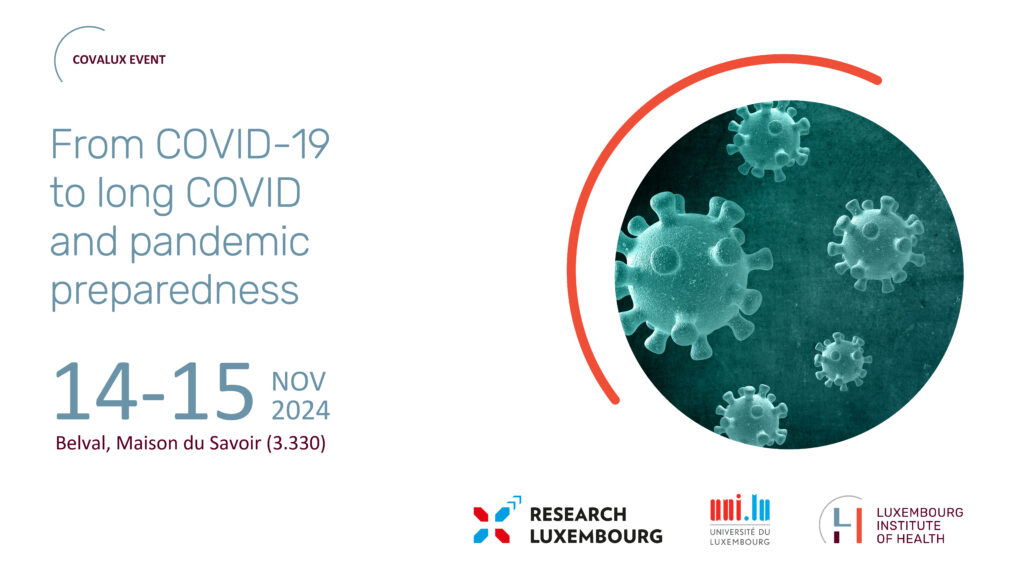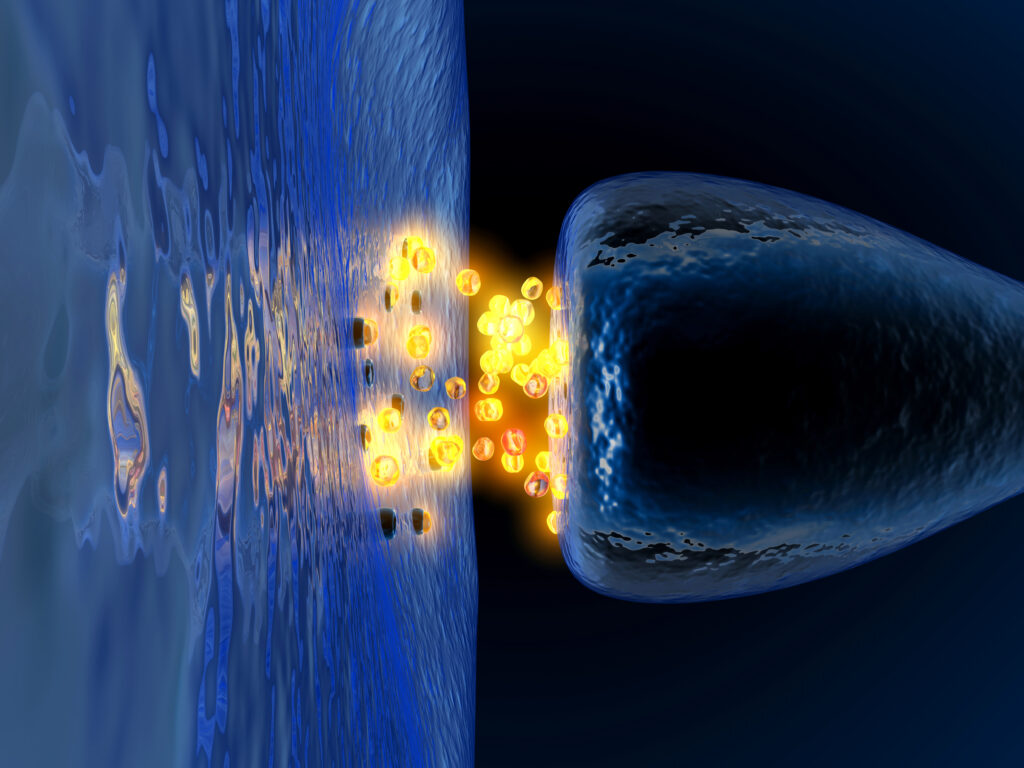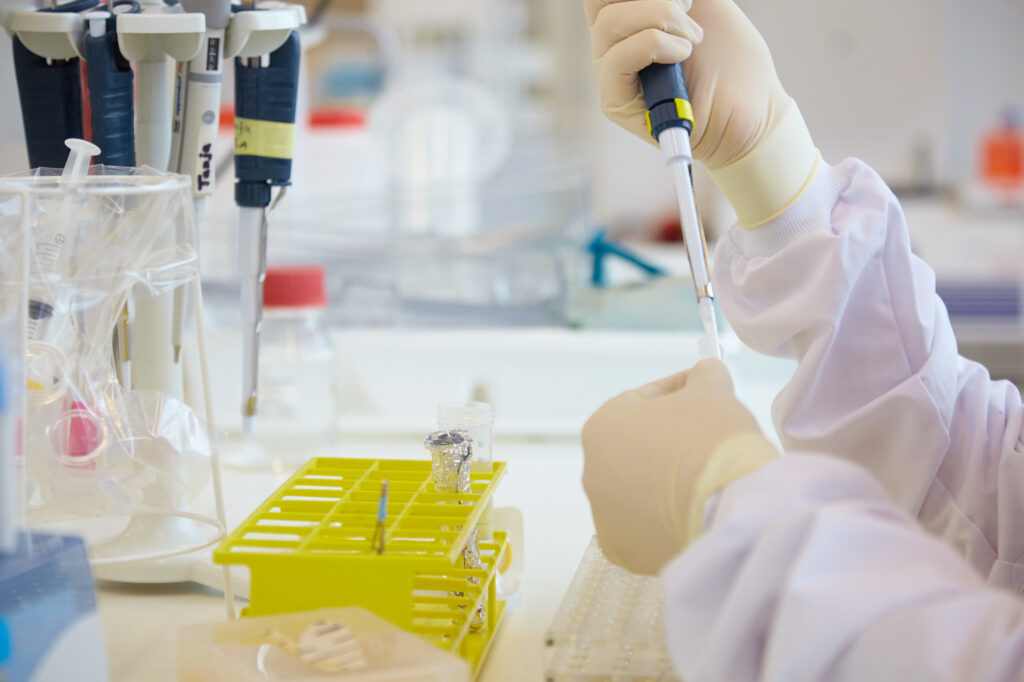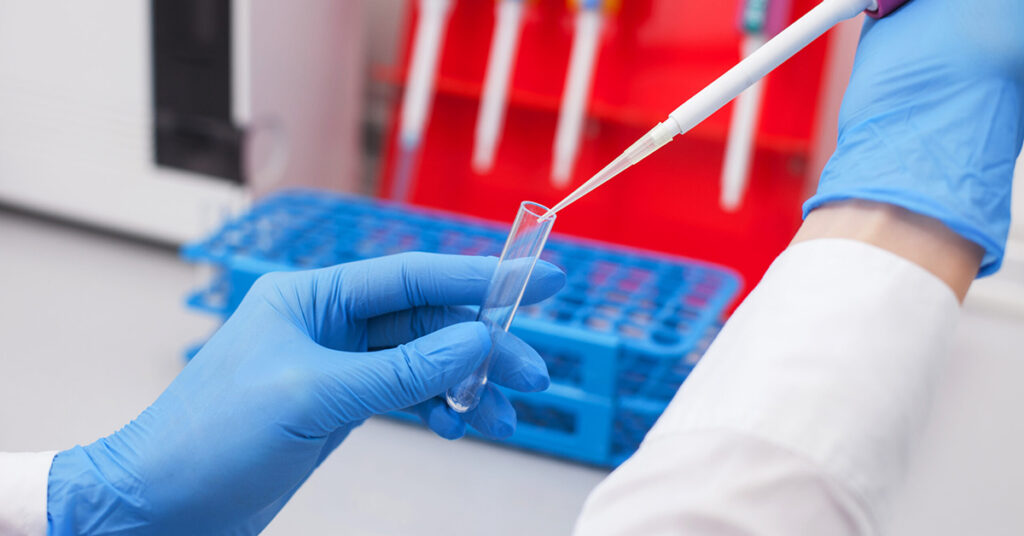
Cérébrale et de Neuro-Épidémiologie (BraINE)
Le groupe BraINE étudie la santé du cerveau, en explorant les facteurs qui augmentent ou réduisent le risque de maladies cérébrales. Il développe également des méthodes pour prédire et détecter ces maladies à un stade précoce.
Activités
Ses recherches portent à la fois sur des personnes en bonne santé et des patients, ainsi que sur des modèles animaux pour mieux comprendre différentes maladies. L’équipe utilise principalement des technologies avancées d’imagerie cérébrale (IRMf, IRM, TEP), mais elle étudie aussi comment la mémoire et les capacités cognitives sont influencées par différents facteurs, au-delà de la seule structure du cerveau.
Avec un fort accent sur l’amélioration des soins aux patients, le groupe BraINE développe des méthodes avancées pour analyser les images médicales, en utilisant la radiomique (qui permet d’extraire des informations détaillées des images) et l’apprentissage profond (des techniques d’intelligence artificielle qui aident à repérer des motifs complexes dans les images).
Les projets actuels portent sur les maladies cérébrales qui s’aggravent avec le temps, comme les tumeurs cérébrales, Alzheimer et Parkinson, ainsi que sur les effets à long terme du COVID-19 sur le cerveau .
L’équipe est affiliée au Département de Recherche sur le Cancer et au Département de Santé de Précision du LIH.
Partenaires & Soutien au Financement
Projets et essais cliniques
Membres de l’équipe
Publications scientifiques
-
Quantitative pre-clinical imaging of hypoxia and vascularity using MRI and PET – 01/01/2024
-
Simultaneous Image Quality Improvement and Artefacts Correction in Accelerated MRI – 23/10/2024
-
Multi-parametric MRI to FMISO PET Synthesis for Hypoxia Prediction in Brain Tumors – 09/10/2024
-
Addressing Artefacts in Anatomical MR Images – 01/05/2024
-
Early-life influenza A (H1N1) infection independently programs brain connectivity, HPA AXIS and tissue-specific gene expression profiles – 11/03/2024
-
Corrigendum to ‘Molecular Identity Changes of Tumor-Associated Macrophages and Microglia After Magnetic Resonance Imaging–Guided Focused Ultrasound–Induced Blood–Brain Barrier Opening in a Mouse Glioblastoma Model’ [Ultrasound in Med & Biol. 49 (2023) 1082-1090, (S0301562922006664), (10.1016/j.ultrasmedbio.2022.12.006)] – 01/01/2024
-
Predicting Hypoxia in Brain Tumors from Multiparametric MRI – 25/01/2024
-
Immune cell identity behind the Ktrans mapping of mouse glioblastoma – 21/06/2023
-
Molecular Identity Changes of Tumor-Associated Macrophages and Microglia After Magnetic Resonance Imaging–Guided Focused Ultrasound–Induced Blood–Brain Barrier Opening in a Mouse Glioblastoma Model – 01/01/2023
-
Author Correction – 26/01/2023
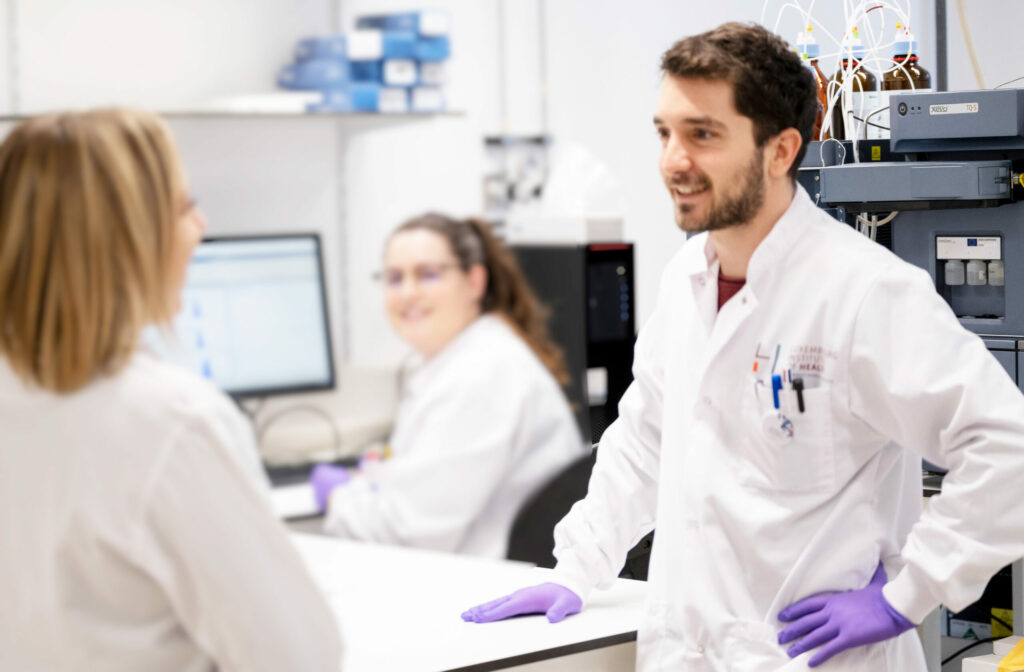
Postes à pourvoir
-
2 Post-doctoral Researchers in Foundation Models for Neuro Imaging (MC/PDTR125/OK/TRSRD)
Department of Cancer Research – Research – Translational Radiomics (TRANSRAD)
Actualités associées
Événements à venir
Faire un don

Brain Imaging & Neuro Epidemiology
The BraINE group studies brain health by exploring the factors that increase or decrease the risk of brain diseases. They also develop methods to predict and detect these diseases at an early stage.
ACTIVITIES
Research focuses on both healthy individuals and patients, as well as animal models to better understand different diseases. The team primarily uses advanced brain imaging technologies (fMRI, MRI, PET), but they also study how memory and cognitive abilities are influenced by various factors, beyond just the brain’s structure.
With a strong focus on improving patient care, the BraINE group develops advanced methods for analysing medical images, using radiomics (which extracts detailed information from images) and deep learning (artificial intelligence techniques that help detect complex patterns in the images).
Current projects focus on brain diseases that worsen over time, such as brain tumours, Alzheimer’s and Parkinson’s, as well as the long-term effects of COVID-19 on the brain.
The team is affiliated with both the Department of Cancer Research and the Department of Precision Health at the LIH.
Partners & Funding
Projets et essais cliniques
Membres de l’équipe
Publications scientifiques
-
Quantitative pre-clinical imaging of hypoxia and vascularity using MRI and PET – 01/01/2024
-
Simultaneous Image Quality Improvement and Artefacts Correction in Accelerated MRI – 23/10/2024
-
Multi-parametric MRI to FMISO PET Synthesis for Hypoxia Prediction in Brain Tumors – 09/10/2024
-
Addressing Artefacts in Anatomical MR Images – 01/05/2024
-
Early-life influenza A (H1N1) infection independently programs brain connectivity, HPA AXIS and tissue-specific gene expression profiles – 11/03/2024
-
Corrigendum to ‘Molecular Identity Changes of Tumor-Associated Macrophages and Microglia After Magnetic Resonance Imaging–Guided Focused Ultrasound–Induced Blood–Brain Barrier Opening in a Mouse Glioblastoma Model’ [Ultrasound in Med & Biol. 49 (2023) 1082-1090, (S0301562922006664), (10.1016/j.ultrasmedbio.2022.12.006)] – 01/01/2024
-
Predicting Hypoxia in Brain Tumors from Multiparametric MRI – 25/01/2024
-
Immune cell identity behind the Ktrans mapping of mouse glioblastoma – 21/06/2023
-
Molecular Identity Changes of Tumor-Associated Macrophages and Microglia After Magnetic Resonance Imaging–Guided Focused Ultrasound–Induced Blood–Brain Barrier Opening in a Mouse Glioblastoma Model – 01/01/2023
-
Author Correction – 26/01/2023

Postes à pourvoir
-
2 Post-doctoral Researchers in Foundation Models for Neuro Imaging (MC/PDTR125/OK/TRSRD)
Department of Cancer Research – Research – Translational Radiomics (TRANSRAD)



















